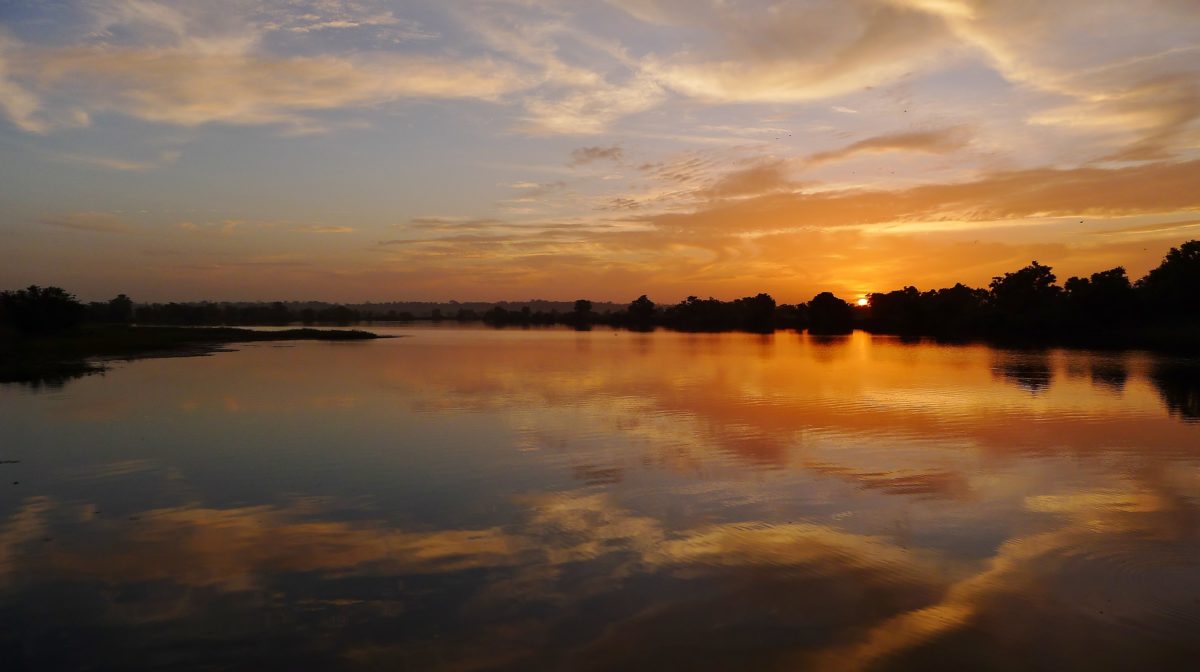The World Bank has launched a tender to seek consultancy companies interested in carrying out a feasibility study for the construction of a solar-plus-storage solar park in Guinea Bissau, West Africa.
The international financial institution said the project will have a power range of 20 MW to 30 MW, and that it will aim to stabilize power supply in the country, as well as providing additional lower cost generation.
The feasibility study will represent Phase I of the project, while Phase II will include the launch of a tender for the design and construction of the power plant.
The deadline to submit bids for Phase I is April 10, 2018. The selected consultant is expected to carry out a GIS analysis to assess land constraints and propose up to three sites for project development with input from the local government, the World Bank said in the tender document.
The inclusion of a storage system in the project was conceived to provide grid stabilization, extend power generation to evening hours, and provide ancillary services to the grid, it added. The solar facility will sell power to the national utility EAGB under a long-term PPA.
Guinea Bissau, which has one of the lowest electrification rates and highest electric service costs in Africa has, to date, not seen much progress in the field of solar energy. Currently, it covers around 90% of its demand with imported petroleum fuels and power imports from Senegal.
Popular content
According to a recent report from the same World Bank, the local government should now concentrate investments on rehabilitating and removing bottlenecks in the existing power network, while also adjusting energy prices to reflect the real economic cost of imported fuels. Furthermore, the report reveals that over half of the installed generation capacity is out of service, and that around 40% of the produced electricity is currently being lost (or stolen) in the distribution network.
According to another recent report from the African Development Bank, the country has only 11 MW of installed generation capacity, almost all of which is represented by conventional thermal generation. “Real capacity is only 8 MW, only 5 MW of which is available 24 hours per day due to the maintenance required and the inability of the electric power utility to obtain the necessary fuel,” the report’s authors stressed.
“The amount of energy supplied falls far short of the country’s requirements estimated at 30 MW,” they further explain.
In terms of solar resources, Guinea Bissau has 2,052 kWh/m2 of global horizontal irradiance on average per year.
This content is protected by copyright and may not be reused. If you want to cooperate with us and would like to reuse some of our content, please contact: editors@pv-magazine.com.



1 comment
By submitting this form you agree to pv magazine using your data for the purposes of publishing your comment.
Your personal data will only be disclosed or otherwise transmitted to third parties for the purposes of spam filtering or if this is necessary for technical maintenance of the website. Any other transfer to third parties will not take place unless this is justified on the basis of applicable data protection regulations or if pv magazine is legally obliged to do so.
You may revoke this consent at any time with effect for the future, in which case your personal data will be deleted immediately. Otherwise, your data will be deleted if pv magazine has processed your request or the purpose of data storage is fulfilled.
Further information on data privacy can be found in our Data Protection Policy.